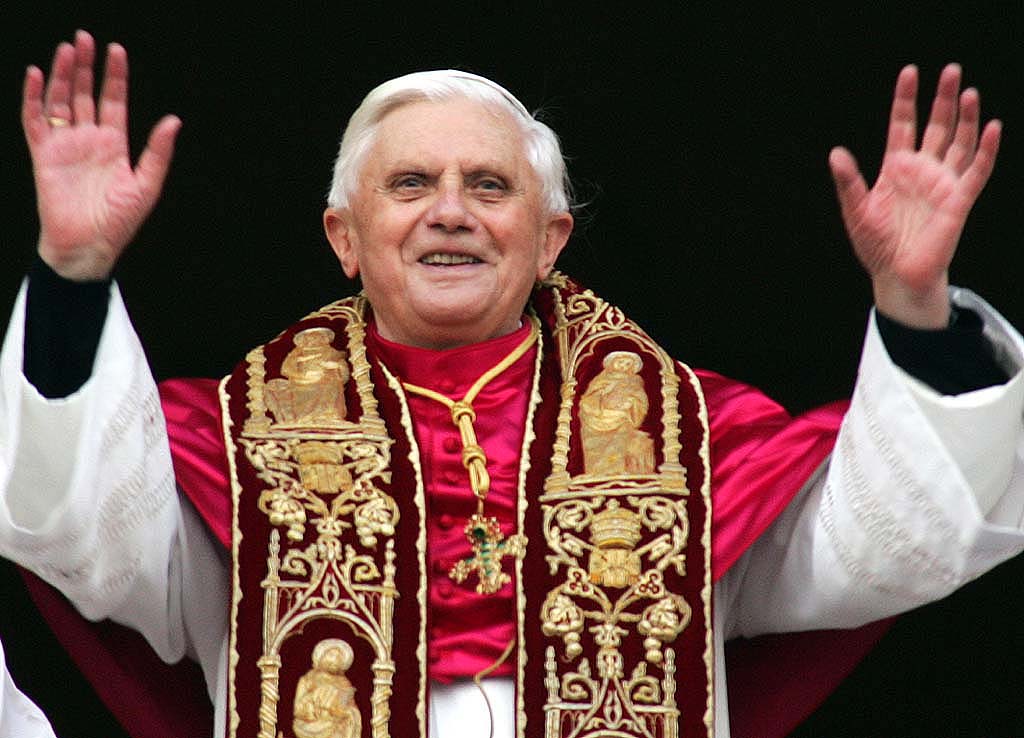Early this morning I received a few text messages before 7:15am. Generally, this should be a bad thing. Who died? What did I forget to do? When I saw they came from my theologian friends, my sleepy mind went right to Rome and I had flashbacks to my participation in the funeral services of John Paul II. 
While it is a surprise, it is not all that shocking. Pope Benedict has long expressed his disinterest in following his predecessor’s path of prolonged suffering while in a very demanding office (and the conflict that developed in the Vatican in the absence of an attentive pope). Clearly, this should not be seen as an insult to Blessed John Paul II. The late pope witnessed to suffering and vulnerability in a way that inspired many people around the world. But that was not the ideal situation for a person or the church.
As the pope reflects in his resignation letter, the task of being pope is demanding and it is a ministry that is needed in our world (although this could be easier with more delegation and power distribution). In this action, the pope follows the example of Fr. Peter-Hans Kolvenbach, S.J. who surprised many by resigning as superior of the Jesuits in 2008 for similar reasons—only the second “black pope” to resign in office. In his official message, the pope explains:
I am well aware that this ministry, due to its essential spiritual nature, must be carried out not only with words and deeds, but no less with prayer and suffering. However, in today’s world, subject to so many rapid changes and shaken by questions of deep relevance for the life of faith, in order to govern the bark of Saint Peter and proclaim the Gospel, both strength of mind and body are necessary, strength which in the last few months, has deteriorated in me to the extent that I have had to recognise my incapacity to adequately fulfill the ministry entrusted to me.
Again, Benedict XVI has proven to be a pope of surprises. The pope that many claimed would bring the church to a pre-Vatican II church has surprised both conservatives and liberals with his generally pragmatic approach. The pope that many claimed would not engage crowds, e nlivened groups in Africa, Middle East, Europe, Australia, and the Americas.
nlivened groups in Africa, Middle East, Europe, Australia, and the Americas.
In some ways, Benedict resembles John XXIII in his quite, yet surprising leadership style. (I know that this is provocative to say). But perhaps this is part of the charism of being pope. The Holy Spirit is nothing less than a spirit of surprises. And in the end, life and the church would be much more boring without it.
One should praise the pope for the courage and humility to know his own limits and to put the concerns of the church above his own. As we approach Lent, what are our own limits?
Be sure to check out Brian’s post here: https://dailytheology.wordpress.com/2013/02/11/an-office-not-a-person-benedicts-gift/

You must be logged in to post a comment.